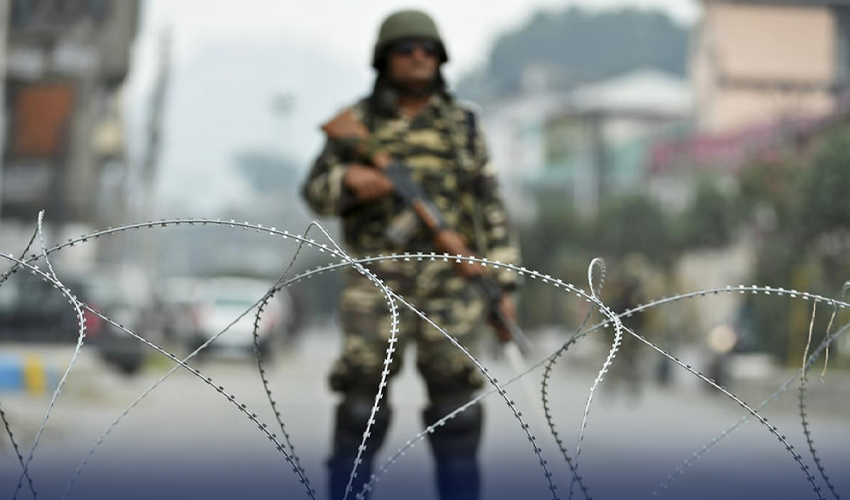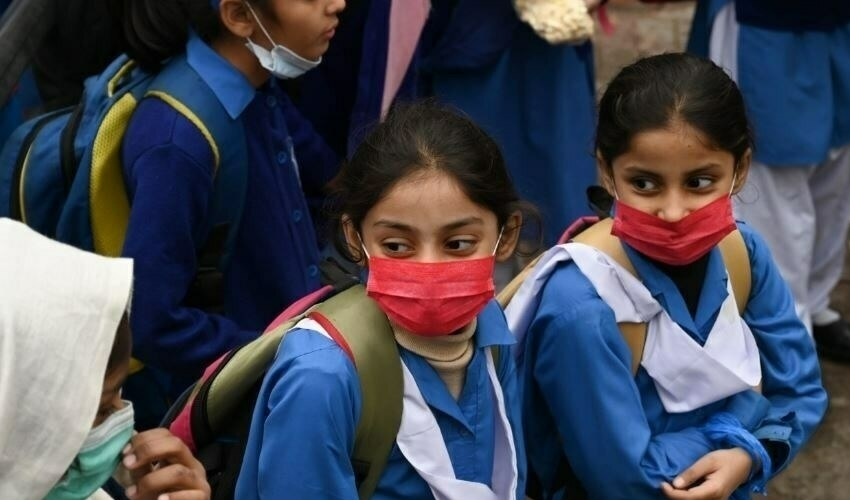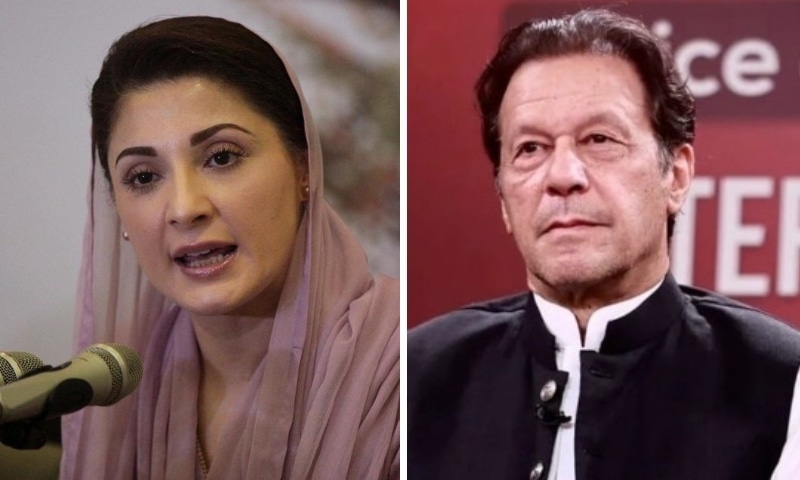Hurriyat organizations in Indian-occupied Kashmir have strongly condemned the recent raids by Indian police on the residence of late Syed Ali Geelani and the office of Tehreek-e-Hurriyat in Srinagar.
These actions are being viewed as signs of India's growing desperation to suppress the ongoing Kashmiri freedom struggle.
Syed Ali Geelani, a prominent pro-freedom leader, remained under house arrest for decades until his death. Hurriyat leaders have reiterated their commitment to continuing their mission for freedom and self-determination.
The Modi government has already imposed bans on key Kashmiri organizations, including the All Parties Hurriyat Conference (APHC), Jamaat-e-Islami, Muslim League, Democratic Freedom Party (DFP), Tehreek-e-Hurriyat, JKLF, and Dukhtaran-e-Millat, citing their role in the resistance against Indian occupation.
India stands accused of targeting Kashmiris politically and committing widespread human rights abuses. In its bid to suppress the Kashmiri Muslims' right to self-determination, the Indian government has adopted new strategies aimed at erasing the region's Muslim identity and silencing dissenting voices.
Since the controversial revocation of Article 370 on August 5, 2019, India has issued domicile certificates to millions of non-Kashmiris, amended land laws to allow outsiders to purchase property, altered political constituencies to favour Hindus, and granted voting rights to 2.5 million non-Kashmiri residents.
These measures are seen as part of a broader plan to change the region's demographic makeup and marginalize its Muslim majority. India’s actions have drawn criticism from international human rights organizations and global observers, who have dismissed India's claims of normalcy in the region.
Hurriyat leaders and human rights groups have called on the international community to take concrete actions against these violations and to support the Kashmiri people's struggle for their fundamental rights.
India's continued suppression has only highlighted the growing tensions in the region and reaffirmed the resolve of Kashmiri freedom movements. The situation demands urgent global attention to prevent further deterioration of human rights and regional stability.


























